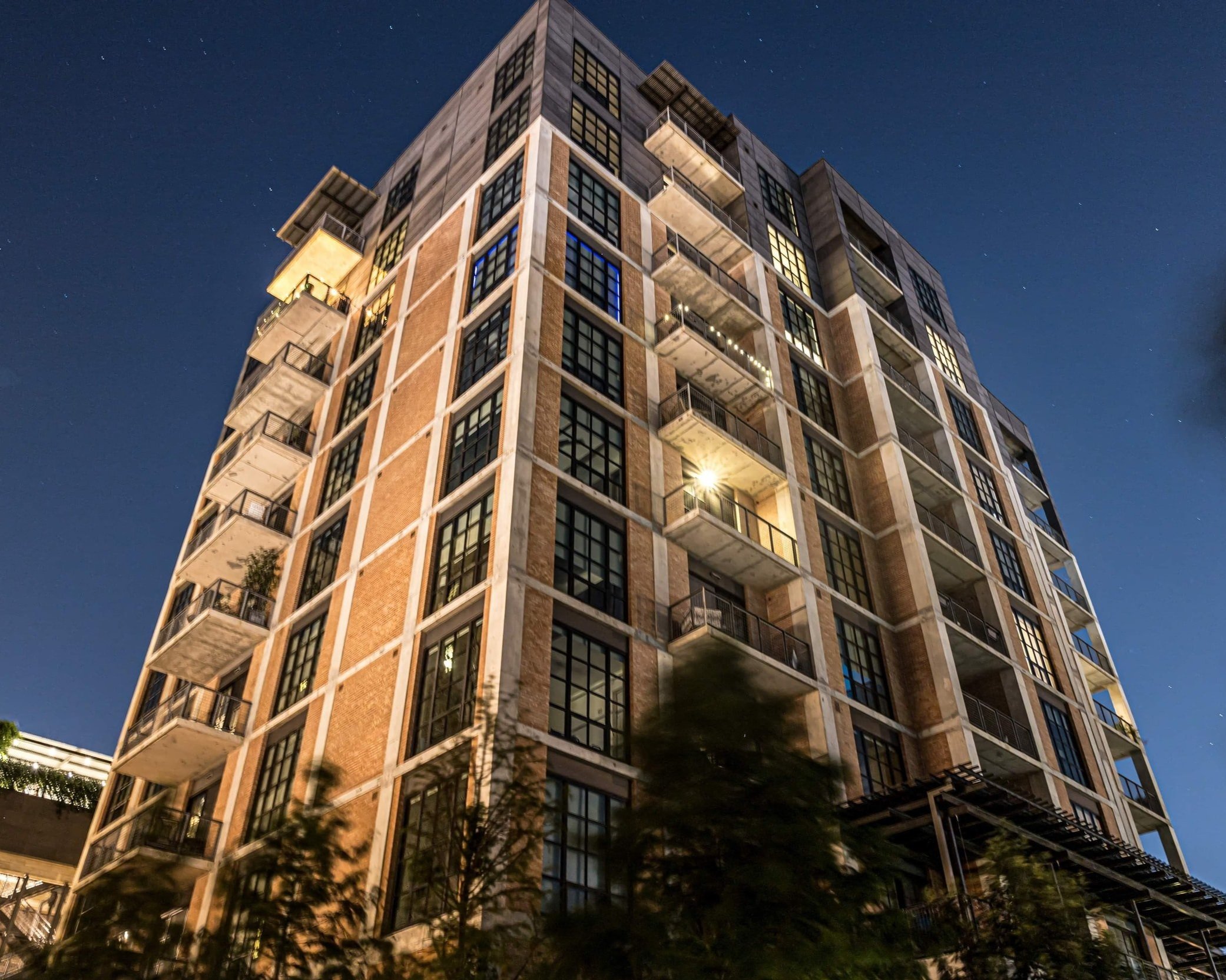Protecting Multi-Dwelling Unit Internet Data Flow Via Strong Encryption Protocols for Safeguard User Privacy as well as Data Integrity
Protecting Multi-Dwelling Unit Internet Data Flow Via Strong Encryption Protocols for Safeguard User Privacy as well as Data Integrity
Blog Article
In the current online world, protecting internet data is increasingly crucial than ever, particularly in Multi-Dwelling Units (MDUs) such as apartment complexes and condominiums settings. Such settings often have numerous tenants sharing the identical internet service, which can lead to possible safety risks. To guarantee that residents' privacy and information integrity are protected, it is vital to implement strong encryption standards. Data encryption is a method that encodes information, making it inaccessible to individuals who do not have the correct credentials to decrypt it. This process aids maintain personal data safe from cybercriminals and unauthorized access.
A of the most commonly used encryption protocols is SSL Socket Layer (SSL) and its replacement, TLS Layer (TLS). These standards establish a secure connection between a user’s system and the internet, guaranteeing that any data transferred remains private. When tenants in an MDU use websites that utilize SSL/TLS, their private data, such as passwords and payment billing numbers, is encrypted. This implies that even if someone attempts to capture the data, they would only see a mess of characters and numbers, making it almost impossible to comprehend. By promoting the use of such protocols, MDUs can greatly enhance the security of their tenants' internet activities.
Another important coding technique is VPN Private Network (VPN) solutions. A VPN creates a secure pathway for web data, which protects users from prying observers, particularly when accessing public Wi-Fi networks. In an MDU, in which numerous residents may connect to the same service, using a VPN can assist guarantee that personal web actions stay private. This is particularly crucial for activities including online banking or retrieving sensitive data. By promoting the adoption of VPNs among residents, MDUs can foster a more secure internet space and help safeguard against data breaches.
Alongside these coding techniques, it is essential for MDUs to educate their residents about the significance of online security. Many people may not be aware of the risks linked with utilizing common internet connections. Providing resources on how to identify scam efforts, the necessity of strong passwords, and the benefits of employing secure websites can empower find out here now residents to assume charge of their internet safety. Workshops or informational sessions can be effective ways to increase awareness and promote optimal practices for internet safety.
Ultimately, MDUs should think about working with internet service companies (ISPs) that prioritize safety and provide advanced coding options. By partnering with ISPs that utilize robust coding protocols, MDUs can ensure that their residents have availability to secure internet services. This partnership can lead to improved overall safety for the entire complex, as well as enhanced trust among tenants. By taking these steps, MDUs can create a safer online space, safeguarding resident privacy and data integrity in an increasingly interconnected environment.